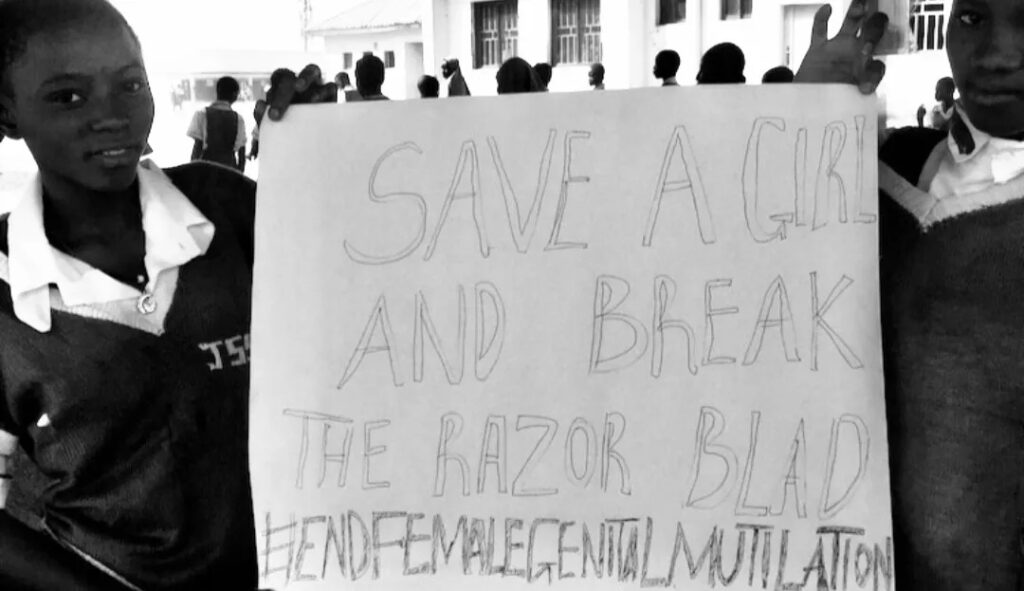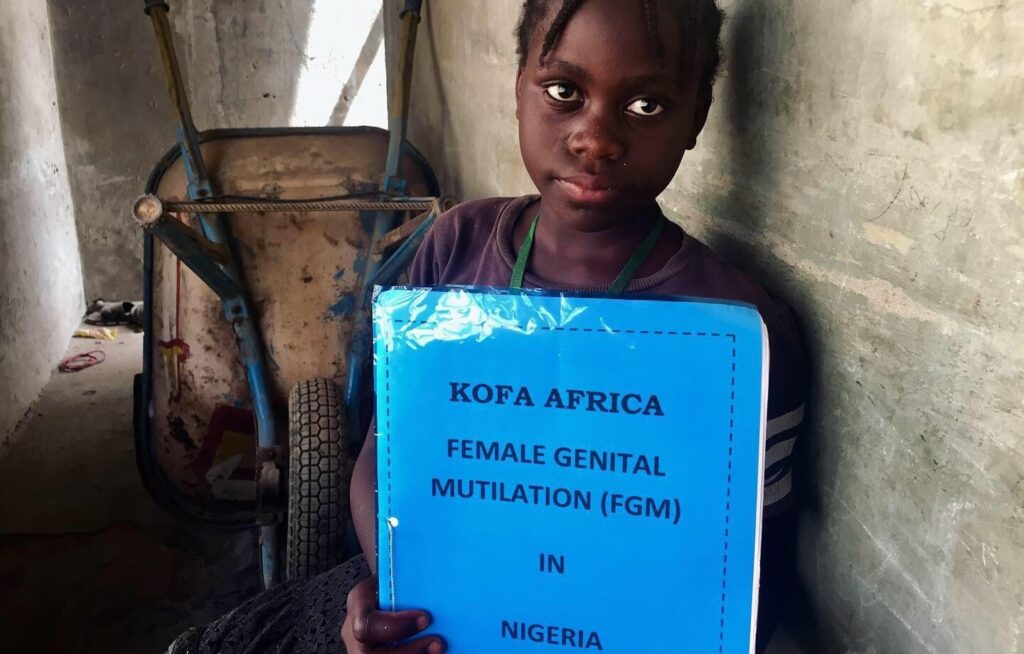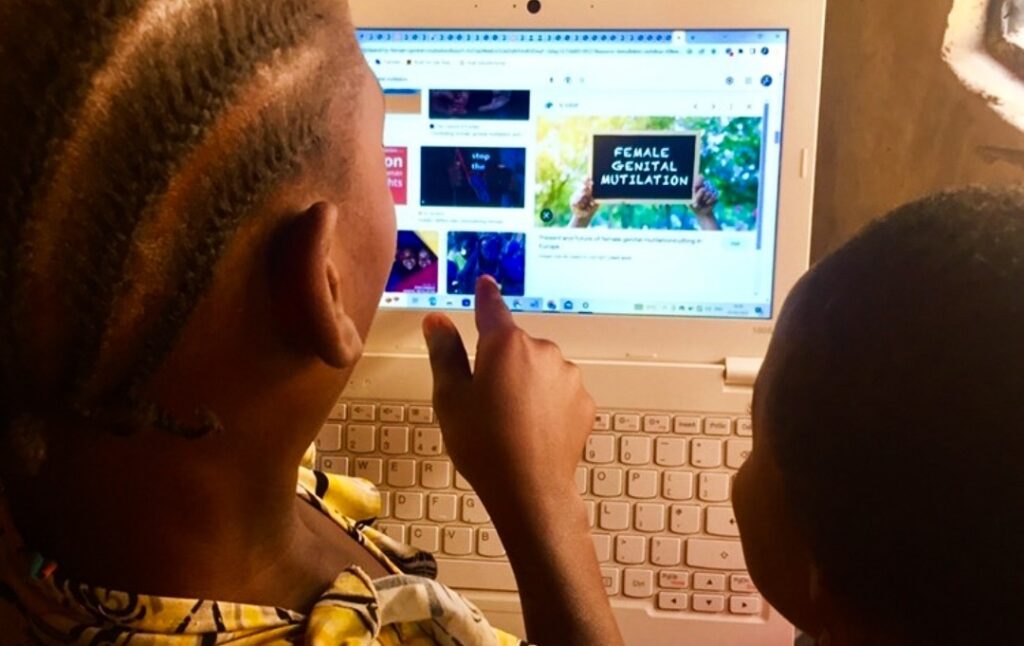
Female genital mutilation (FGM) is a procedure that involves the partial or total removal of a girl’s external genitalia for cultural or non-therapeutic reasons. This is a severe human rights violation, and it is performed in many countries where it has been declared illegal.
FGM is often carried out by non-medical practitioners to fulfill cultural or religious rites, and sometimes for economic gain. This practice can lead to a range of severe complications, including hemorrhage, infection, and chronic health issues, as well as significant psychological trauma. Even when medical professionals perform it—under the mistaken belief that it makes the procedure safer—the physical and psychological harm far outweighs any presumed benefits.
Despite global campaigns and growing awareness, the prevalence of FGM remains high in many countries. The victims are typically young and below the age of consent, so the procedure is performed without their permission. While the practice is common in Africa, its incidence is decreasing due to recognition that FGM is a human rights issue. Non-governmental organizations are at the forefront of advocacy efforts to eliminate it. The sensitive nature of FGM and its disproportionate impact on women and girls highlights the urgent need for a multi-sectoral approach involving all stakeholders.
Our Solution: A Campaign to End FGM
KOFA is actively working to eradicate the practice of FGM in Nigeria through a dedicated awareness campaign. Our initiative is centered on:
Educational Programs: We raise awareness about the severe physical and psychological consequences of FGM and promote alternative, safe cultural practices.
Healthcare Services: We provide essential counseling and support for women and girls who have undergone FGM.
Our goal is to completely eliminate the practice of FGM in the five Nigerian states where it is most prevalent: Ebonyi, Ekiti, Imo, Osun, and Oyo. We believe that by working directly with communities, we can create lasting change and protect future generations.

